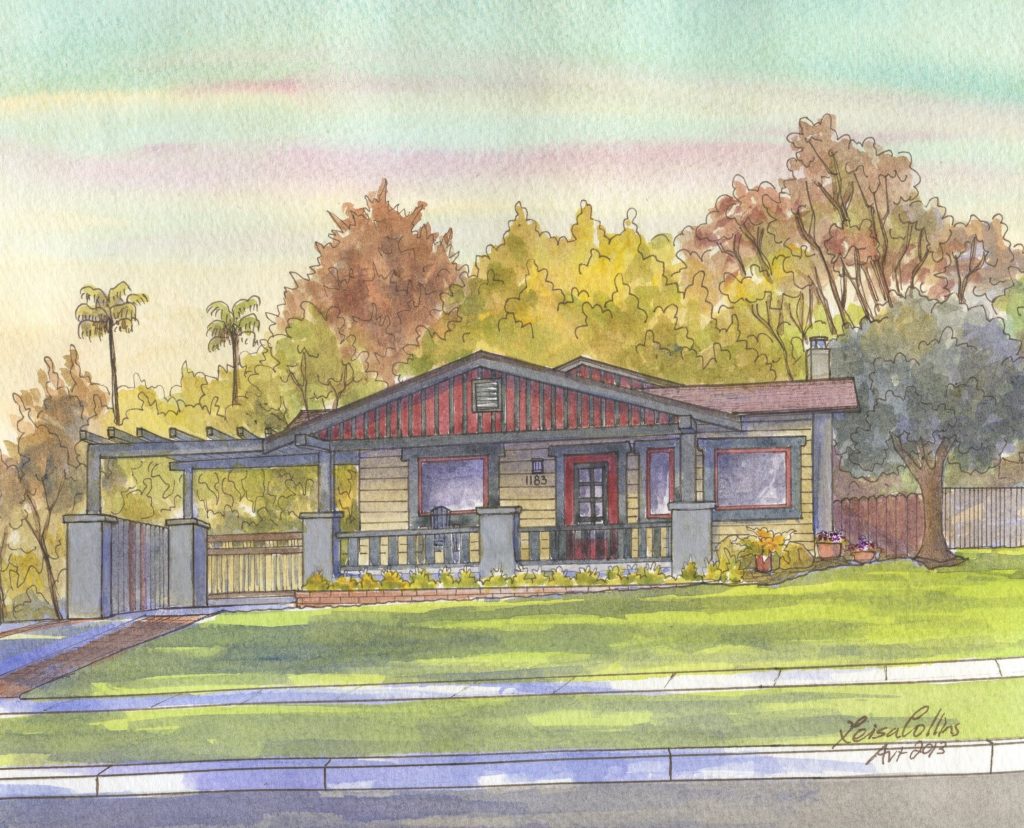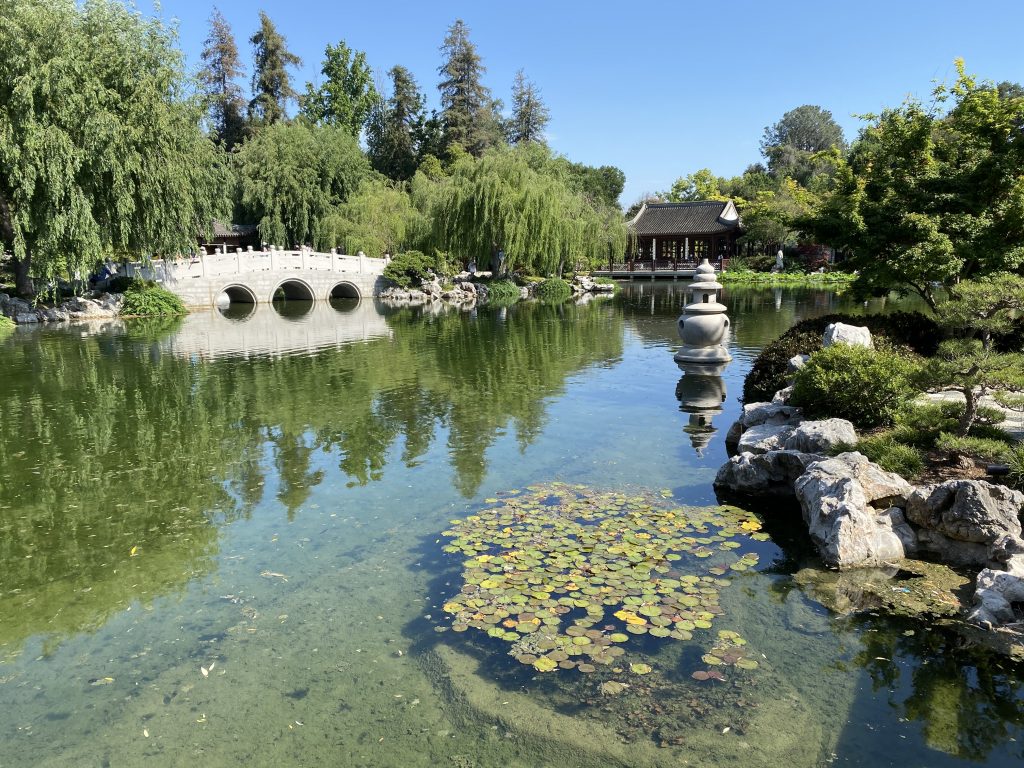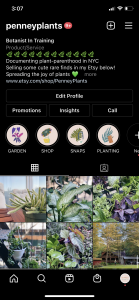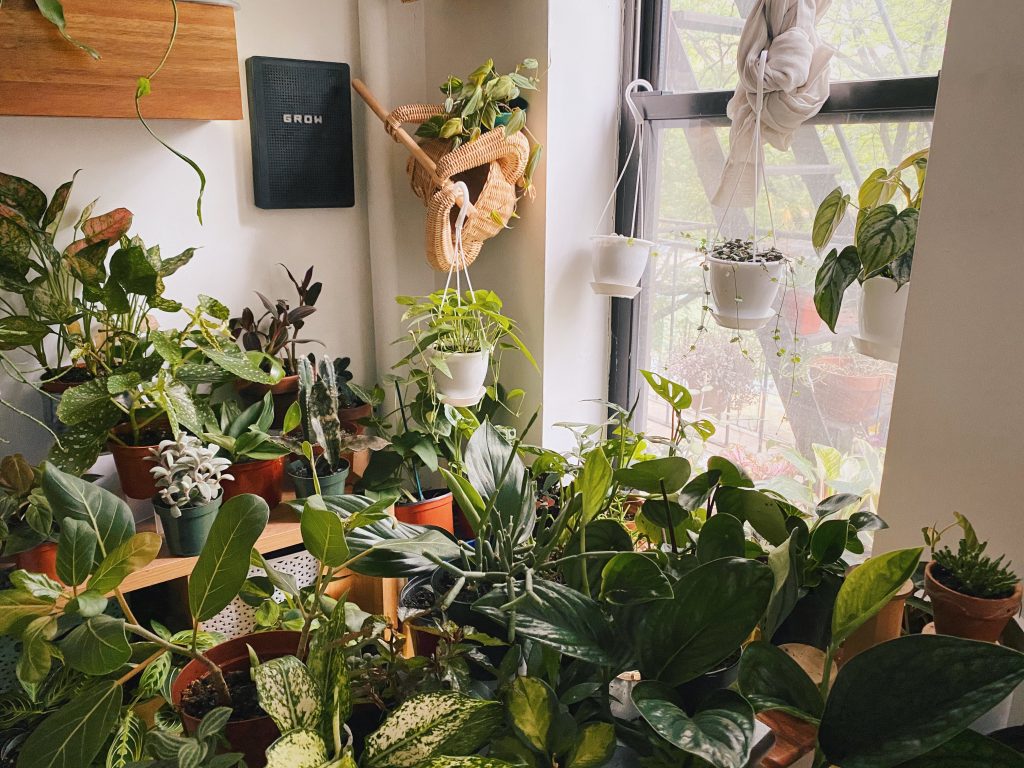Community Spotlight: Asian American and Pacific Islander heritage
Your stories have power. They bring ideas to life and can shape how others see the world, and here at Hearts, we use stories to build community.
This is one of many posts in our Community Spotlight Series, where we feature Hearts who identify with a group and have important conversations about how we can support one another.
Throughout the series, we will work closely with these individuals to create an experience where they can share their culture with fellow Hearts. We’ll hear directly from them about their lives, the safe spaces they’ve created to live their truth, and how we can be better allies.
And then we listen.
Because more than ever, stories that celebrate our differences need to be heard.
Anti-Asian and Pacific Islander hostilities are multiplying: We need to listen
Asian Americans and Pacific Islanders have contributed so much to our culture and history.
However, within the current political and cultural climate, anti-Asian sentiment, violence, and discrimination have been rising against these groups over the course of the pandemic. For many Asian Americans, being quiet is no longer an option—and at Hearts & Science, we wanted to open up the discussion in a town hall to hear from those employees affected, to offer a platform to speak freely, and for employees to have the opportunity to listen.
One of the tired and harmful narratives is the “model minority.” It was developed during and after World War II, claiming that Asian Americans were the ideal immigrants to the U.S. due to their economic success.
Other aspects of the “model minority” include:
- Asians value education highly
- Asians have stable family backgrounds
- Asians have a strong work ethic
- Asians respect authority
- Asians buy up real estate
And while these attributes may sound harmless, the simplistic ideals can lead to racialized hostility and microaggressions that pit Asians against white people and Asians against Asians.
Cheryl Vuong, a Hearts & Science employee whose parents escaped Vietnam as refugees, emphasizes that we shouldn’t lump everyone who is an Asian American or Pacific Islander into the same category. She shares,
“We get propped up as the ‘model minority,’ which is very harmful. We’re all very diverse. My upbringing is going to be very different from that of a fellow AAPI colleague and maybe even different from someone else in the Vietnamese community.”
Further, violence and discrimination have been on the rise. Fueled by the proliferation of Donald Trump’s labeling of the COVID-19 virus as the “China virus,” many Americans feel justified to express and act on their racist ideologies—creating a very unsafe and hostile environment.
At Hearts & Science, we recognized Asian American and Pacific Islander history in May and continue to help empower those in underrepresented communities, celebrating their unique stories and perspectives.
Safe spaces to share
Keep your heritage held high and embrace all of who you are
Cheryl Vuong’s parents fled from a war-damaged Vietnam and arrived as refugees to the United States in 1975. She was the first of her family to be born in America.
Her parents wanted to give her every opportunity that came with being a natural-born citizen. This meant giving her an American name and speaking English as their main language as she was growing up.
She has one foot in American culture and another in her Vietnamese heritage, but it’s also been a balancing act. At home, she learned about her heritage from her family. Outside of her home, she felt a need to blend in; there was virtue in not shaking things up.
Looking at social media today, she sees brave, young Asian Americans, like her cousins, who are sharing more and speaking up about incidents publicly—something that has inspired her to share more too.
“We should be proud of where we come from and celebrate it all. I’m 100% Vietnamese, but I’m also 100% American.”
Today, Cheryl is a senior director at the Hearts & Science office in Burbank, California.
Never stop learning
A few months ago, Cheryl took part in a town hall at Hearts & Science with three other speakers where the discussion was focused on the rise of anti-Asian sentiment in today’s political climate. They discussed the many microaggressions they’ve experienced and shared how hurtful they can be and the negative impacts they cause. It was an eye-opening experience for both her and the audience.
Cheryl believes that it’s important to surround yourself with people you can learn from and who can learn from you. Conversations can be tough but are so important to bring perspective and shared understanding.
“Being a part of the town hall was a freeing moment for me; it was a chance to speak out and be a part of the narrative.”
Home is where my safe space is
Cheryl believes a safe space is where you can be your most authentic self. For her, that has always been her home and being around the people she loves.
Her home of Pasadena, California, is also a larger safe space; its inhabitants come from cultural heritages across the globe. Cheryl finds the diversity of her city comforting. She appreciates how being around people from different cultures can be beneficial in bettering our understanding of each other.
Seeing that Hearts cares about its team members and places importance on diversity and cultural understanding makes her feel that she’s in the right place.
Pro-tip: As a first-generation American who grew up in the ‘80s, she was told to keep her head down and blend in. Today, Cheryl believes in speaking up over hiding. She is encouraged to share more of her perspective and experiences as a Vietnamese American more openly.
Elevating our voices helps us in rising up
Penney is originally from Singapore, but from an early age, she was exposed to and taught about American culture. She spent time in big cities like Beijing and Shanghai, where she went to an international school. Being in larger urban settings meant that Americans were never far away. This sense of familiarity made for an easy transition when she arrived in the United States for college at the University of Illinois.
Her college experience was a protective bubble. The student population was diverse, and she never felt like an outsider or out of place. She felt like any other student.
Her post-college life and move to the metropolis of New York City were revealing. Working and living in NYC showed her what it truly meant to be Asian in America.
One of the most baffling things is the confusion people have about her background. She speaks perfect English, but the most common question she gets when people first meet her and find out she’s from Singapore is “How do you speak such good English?” In her younger days, she used to take this as a compliment but now finds it offensive. To get this same question over and over becomes taxing, and she struggles with why it matters how people view her.
“Diversity brings in a lot of different perspectives, but the loudest voices generally take up the entire room. Regardless of who you are, it’s important to be less self-absorbed. Pay attention to those who may be quieter. Small voices need to be heard too.”
A leafy safe space
Penney has created her own nature-filled sanctuary in her New York apartment. As an equal opportunity plant hoarder, growing plants is a lifelong passion—one that she shares with her mom. Her plants are so important that she gave them their own Instagram account and Etsy shop. It’s a safe space online where she can share her joy of all things green with the world.
Fun fact: She also took up the fun hobby of creating clay animal figurines during the pandemic to add to her leafy jungle.
Pro-tip: Penney wants others in the AAPI community to feel like they don’t have to sit idle and put up with anti-Asian sentiments and hostilities. She wants others to feel less disenfranchised and that they, too, can make a difference.
She shares,
“Speak up and have a voice. We know our community doesn’t always have one. The silent suffering needs to stop to have any sort of change.”
Don’t limit your viewpoint
She also stresses the importance for us to see outside the silos of our singular perspectives. She shared with us a profound experience she had as a student in a college psychology class.
One day, her professor showed them a photo of a fish tank. They were posed with the question “How would someone with an East Asian background view this as opposed to someone with a Western background?”
The results were profound. Those who were East Asian saw the tank from a holistic perspective; the rocks, fish, and plants were all interconnected. Westerners were focused on individual fish and pieces in the aquarium rather than on the tank as a whole.
We’re often stuck cognitively on a single track and can sometimes forget that there are others whose perceptions are quite different from our own. Not taking into account others’ perspectives, can cause a butterfly effect that can further push us apart.
Work should be a safe space too
Hearts & Science is dedicated to building a space where its employees are recognized and feel seen. There are many ways we are supporting inclusion efforts.
Here’s what individuals can do:
- Raise your voices. The time is now to express yourself and push back against anti-Asian hostilities. Be empowered to speak your truths and combat stereotypes. We want Hearts & Science to be a space for your voice to be heard and for us to listen.
- Share your culture. Don’t be afraid to celebrate who you are at Hearts & Science and share your unique life experiences.
- Think before you speak. Words carry so much weight. You may not even be aware that you’re doing it, but microaggressions are demoralizing and can affect someone over time. Before asking a question, think about your intent. Curiosity can come off as making someone feel like an outsider.
- Be open to others’ perspectives. Your viewpoint isn’t a single point of truth. Realize that others see the world much differently than you do. Have the willingness to try and see the world through their eyes.
Vanessa Vining, senior director of cross-cultural strategy and head of DE&I at Hearts & Science, shares,
“Unique culture lives and breathes in our people. Our responsibility is to harness that uniqueness and elevate Hearts & Science as a workplace where every voice is heard and contribution, big or small, is celebrated.”




